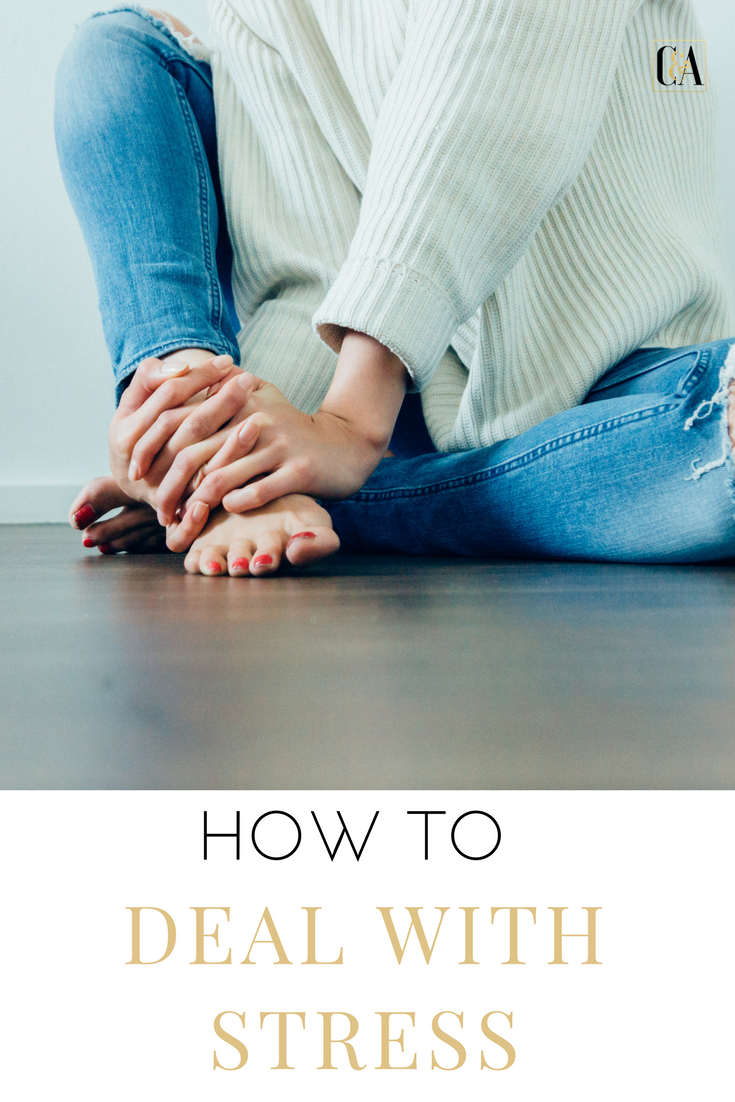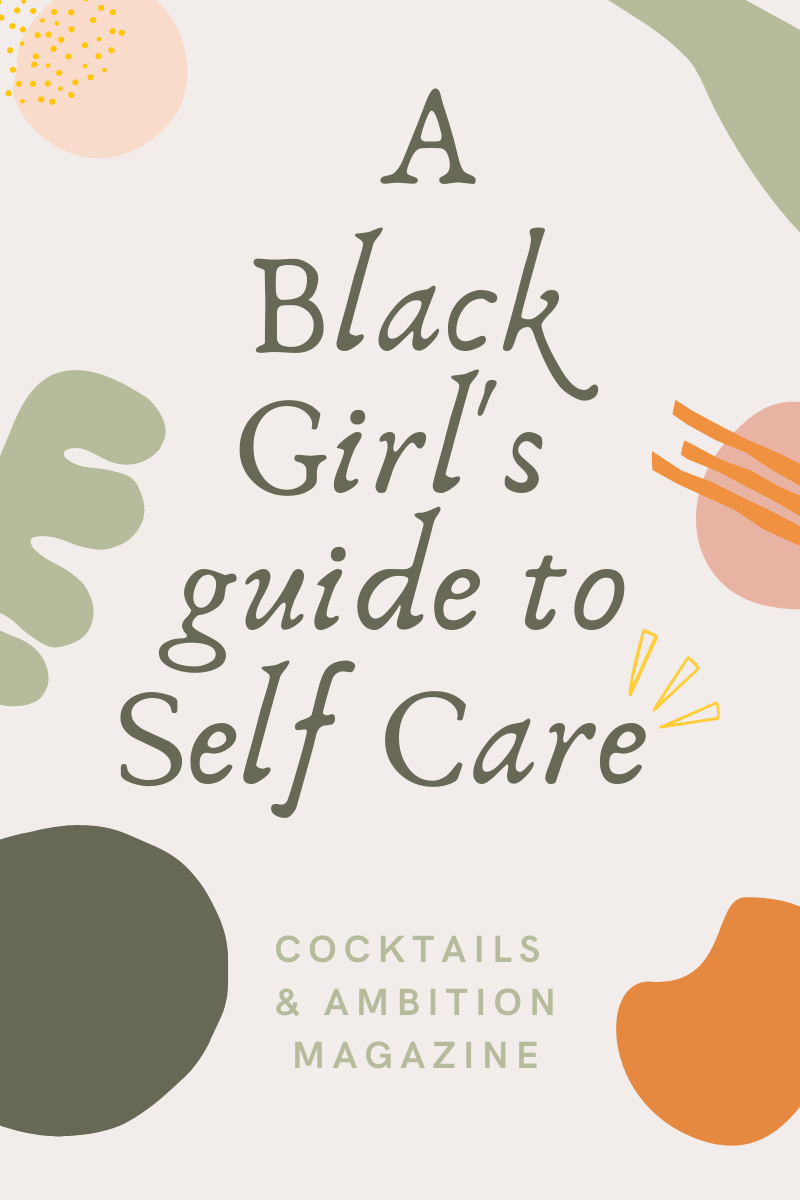 learning How to deal with stress is an important life skill. sometimes managing work, financial pressures, relationships, and other life’s stresses, combined it can be easy to get overwhelmed. Instead of tackling the stress, it is easier to ignore it or pretend it doesn’t exist. Consequently, stress can sometimes be normalized and pushed aside.
learning How to deal with stress is an important life skill. sometimes managing work, financial pressures, relationships, and other life’s stresses, combined it can be easy to get overwhelmed. Instead of tackling the stress, it is easier to ignore it or pretend it doesn’t exist. Consequently, stress can sometimes be normalized and pushed aside.
However, we need to acknowledge our stress because ignoring it can have detrimental effects on our health and overall well-being. Stress has been found to be a contributing factor for many diseases (such as hypertension, strokes, depression etc.). Therefore, it is essential that we learn to manage our stress levels before it becomes out of control.
Here are some ways to tackle stress:
How to deal with stress #1 – Set Relationship Boundaries
If you are a people pleaser, this may be a bit challenging. However, if you are consistently giving away your energy to other people, you will have very little for yourself. This leaves you burnt out in the long run. In order to avoid this, it’s important to be specific to your needs. If other’s requests don’t align with yours, it’s ok to say no.
When spending people who may be ‘draining’, you need to decide to not let their energy rub off on you. Don’t feel pressured to go along with their negativity. Instead, take control of the situation and switch the conversation to a more positive one. Even though you cannot choose the narrative all the time, you can choose how long (and how often) you are exposed to it.
How to deal with stress #2 – Practice Self-care
Self-care is a MUST when reducing stress and overwhelm. This means getting enough sleep, eating healthy food, and exercising and creating a healthy life balance. That includes incorporating activities that make you feel good, like a hot bubble bath. It can be as simple as a ‘feel good’ playlist you listen to whenever you need a pick-me-up. Create a list of anything that either boosts your mood or relaxes you. Then start scheduling these items into your routine.
How to deal with stress #3 – Give Yourself a Break
Are you being too hard on yourself? Are you putting too much pressure on yourself? If you are, it’s clear why you are stressed. Give yourself a break. Taking a pause in life is not selfish or lazy, it’s actually a requirement to live a happy life. If you want to reduce your stress levels you need to set some time for yourself and give yourself a break.
How to deal with stress #4 – Recognise the Early Signs of Stress
Self-awareness is key when managing stress. If you are able to recognize the early signs of stress, you can prevent it from getting out of control. Although stress can feel different for everyone, some common warning signs include worry, irritability, and stiffness. When you start to feel even mildly stressed, don’t ignore it. Instead, choose to take the steps to tackle the stress and get it under control.
How to deal with stress #5 – Take Action
Oftentimes when we feel overwhelmed or stressed out about something, we choose to procrastinate to avoid whatever is stressing us. For example, if we have a stressful exam we need to study for, we may put off studying because the thought of it stresses us out. However, this creates a vicious cycle and just prolongs the inevitable.
If you have an overwhelming long to-do list (or have upcoming stressful tasks), write down everything that needs to get done. Prioritize each action and just start working on them. Once you start working on any important tasks, you will start to feel more productive. As a result, your confidence levels should increase, with stress levels decreasing.
How to deal with stress #6 – Get Organised
According to a study, women who had cluttered and disorganized home environments, experience greater stress and unrest. This is because we view our homes as our ‘sanctuary’. And when this sanctuary is not in order, it can lead us to feel unsettled. Therefore, it’s imperative that we get our surroundings organized.
Start by scanning your surroundings and determine what clutter stresses you out the most. Go through your belongings and get rid of anything that has no value or use (instead of letting them become clutter). Once everything is organized, make the effort keep it tidy. Once you choose to make organization a priority, you will be surprised at how your stress levels improve.




